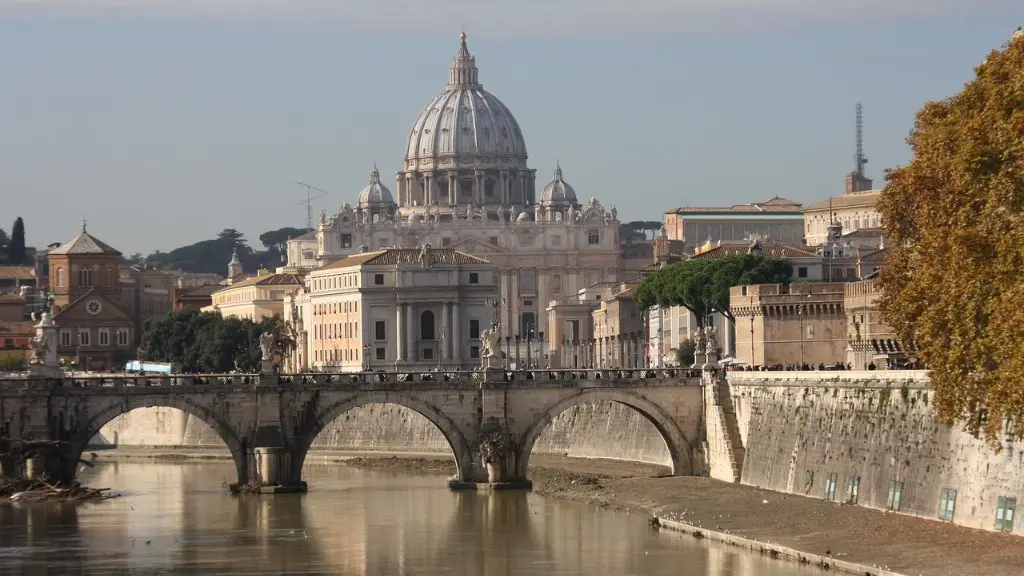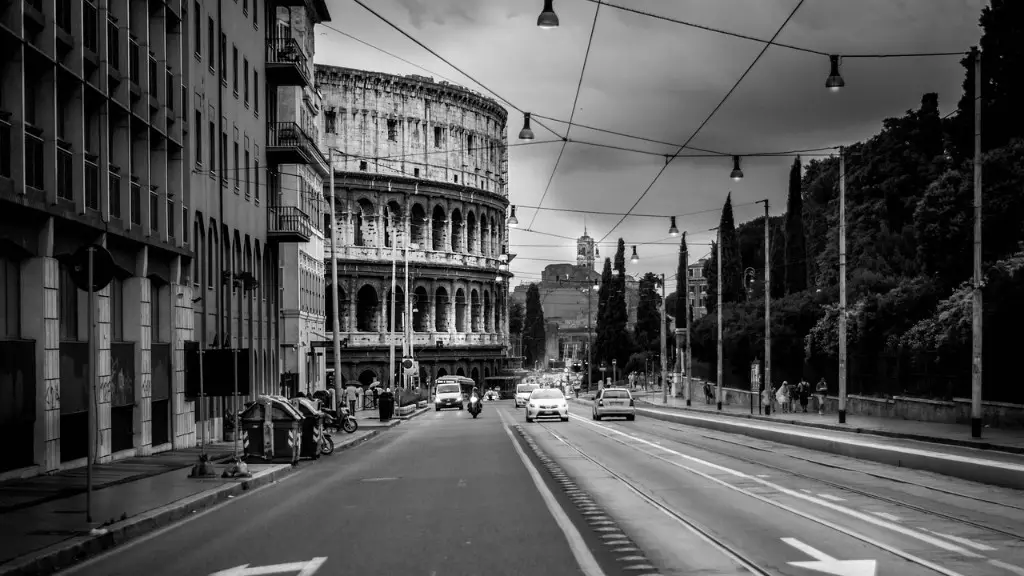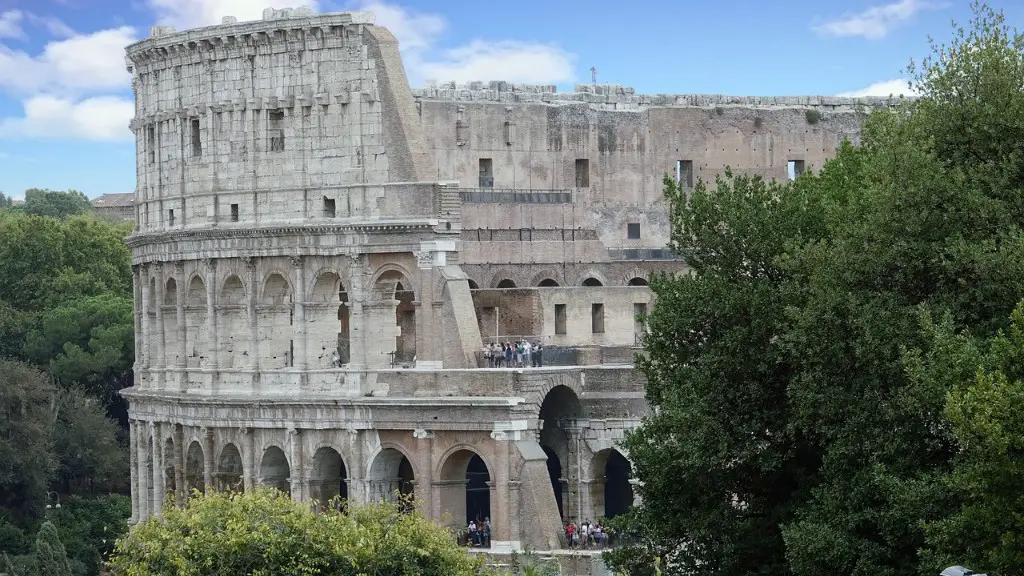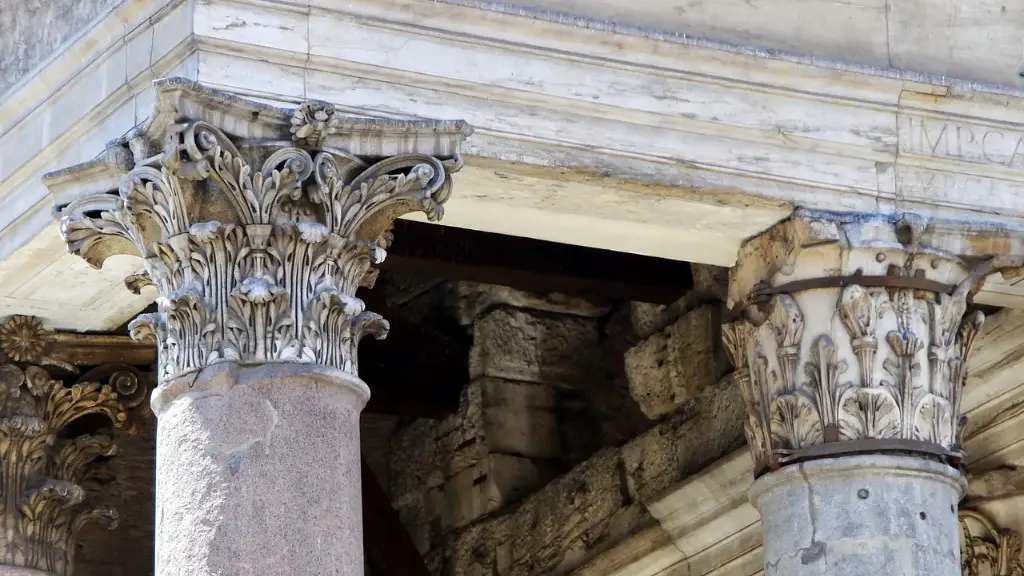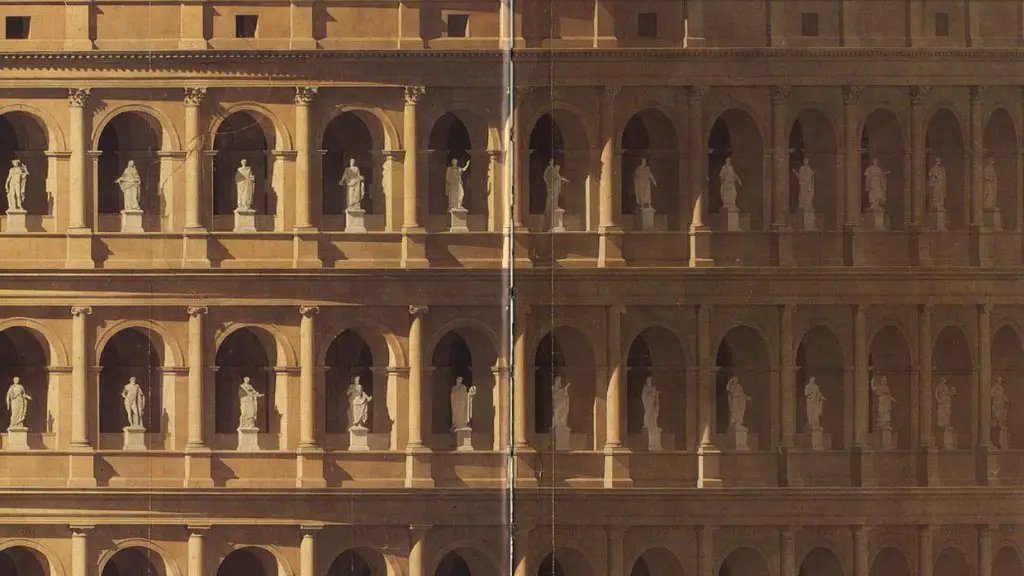Although the ancient Romans did not celebrate Christmas as we know it today, they did have a winter festival called Saturnalia. This festival took place in December and was a time when people could relax, have parties, and enjoy themselves. There were also special foods and gifts that were given during Saturnalia.
No, the ancient Romans did not celebrate Christmas. Christmas is a Christian holiday that celebrates the birth of Jesus Christ. The ancient Romans were pagans who worshipped many gods and goddesses.
What was Christmas called in ancient Rome?
Saturnalia was an ancient Roman festival and holiday in honour of the god Saturn, held on 17 December of the Julian calendar and later expanded with festivities through to 23 December. The holiday was celebrated with a sacrifice at the Temple of Saturn, in the Roman Forum, and a public banquet, followed by private gift-giving, continual partying, and a carnival atmosphere that overturned Roman social norms: gambling was allowed, masters provided table service for their slaves, and normal work and business came to a halt.
The church in Rome began celebrating Christmas on December 25 in 336, during the reign of the emperor Constantine. As Constantine had made Christianity the effective religion of the empire, some have speculated that choosing this date had the political motive of weakening the established pagan celebrations.
When did Christmas replace Saturnalia
The Saturnalia was a Roman festival originally celebrated in honor of the god Saturn. It was later absorbed into the celebration of Christmas. The Saturnalia was a time of feasting, gift-giving, and revelry. It was also a time when the social order was turned upside down, and slaves and masters swapped roles. The Saturnalia was celebrated from December 17th to 23rd.
The Roman Empire’s conversion to Christianity led to Saturnalia becoming a Christian holiday. The holiday honors the birth of Jesus, and ancient greetings of “io Saturnalia!” were replaced with “Merry Christmas.”
What did the Romans eat at Christmas?
The Roman tradition of the Christmas dinner starts from the starters Sliced and fried in batter cod or artichokes, along with platters of cold cuts. From 542 AD, the Christmas menu in Rome was fish on Christmas Eve and meat in Christmas Day. This tradition continued for centuries, and it was not until the 20th century that the Christmas dinner began to be associated with the turkey.
The Winter Solstice was a pagan festival that was celebrated in ancient times. This festival was a time to celebrate the fact that the worst of winter was over and that the days would start to get longer. The Winter Solstice was a time to give thanks for the things that people had been able to harvest and to prepare for the days ahead.
When was Jesus’s actual birthday?
It is generally accepted by biblical scholars that Jesus was born between 6 BC and 4 BC, the year in which King Herod died. The actual date of his birth is not stated in the gospels or in any other historical sources, but this range is based on the assumption that he was born around the time of Herod’s death. This is just one possible theory, however, and there is much debate over the exact date of Jesus’ birth.
December 25th is a special day for Christians around the world because it is the day that they celebrate the birth of Jesus Christ. Jesus is an important figure in Christianity and is considered to be the Messiah and Son of God. Christians believe that Jesus was born on the night between 24 and 25 December in the year 0. Because of this, Christmas is a very important holiday for Christians.
Who is the origin of Christmas
Christmas is a holiday that has been celebrated for centuries. It has its roots in both the pagan and Roman cultures. The Romans actually celebrated two holidays in the month of December. The first was Saturnalia, which was a two-week festival honoring their god of agriculture, Saturn. On December 25th, they celebrated the birth of Mithra, their sun god. Mithra was born from a rock and was seen as the bringer of light and life. Both of these holidays were celebrated with feasting and merriment. It is believed that Christmas was developed from these two holidays. Christmas is a time to celebrate the birth of Jesus Christ and to spend time with family and friends. It is a time of giving and happiness.
Saturnalia was an ancient Roman festival that was held in honor of the agricultural god Saturn. The holiday was celebrated in mid-December, and was a time when people would feast and give gifts to one another. Many of the traditions associated with Christmas, such as wreaths, candles, and gift-giving, can be traced back to Saturnalia.
What is the pagan version of Christmas?
The Yule festival is observed by Germanic peoples and in modern times primarily by Neo-Pagans. It coincides with the winter solstice (December 21–22 in the Northern Hemisphere; June 20–21 in the Southern Hemisphere).
Most Americans today are unaware that Christmas was banned in Boston from 1659 to 1681. This was done in an attempt to Puritanize the city and make it more devout. However, the ban was eventually lifted and Christmas has been celebrated in Boston ever since!
Why did the church ban Christmas
Many people in the early days of Christianity saw Christmas as a wasteful festival that was more about celebrating the Pagan God, Saturn, than about Jesus Christ. This view was championed by people like William Stubbs, who saw the holiday as a way to encourage people to behave immorally. Christmastime was a time when people would party and engage in all sorts of debauchery, and Stubbs saw this as a great dishonor to God.
Saturnalia was a Roman festival in honor of the god Saturn. The festival was originally celebrated from December 17-23, but was later extended to December 31. The festival was a time of feasting, gift giving, and merriment. The festivities of Christmas are thought to have come from Saturnalia.
Was Saturnalia a pagan?
Saturnalia was a pagan holiday celebrated well into late antiquity. With the rise of Christianity, the holiday was removed from official calendars but carried on as a popular secular holiday. Over time, the holiday became more and more associated with debauchery and alcohol, and it eventually faded from popularity.
The Romans had no aubergines, peppers, courgettes, green beans, or tomatoes, staples of modern Italian cooking. Fruit was also grown or harvested from wild trees and often preserved for out-of-season eating.
Conclusion
There is no record of the ancient Romans celebrating Christmas. However, since the celebration of Christmas is based on the birth of Jesus Christ, and the ancient Romans were pagans who did not believe in Jesus, it is unlikely that they celebrated his birth.
The ancient Romans did not celebrate Christmas. There is no evidence that they ever celebrated it, and there is no record of them ever celebrating it.
